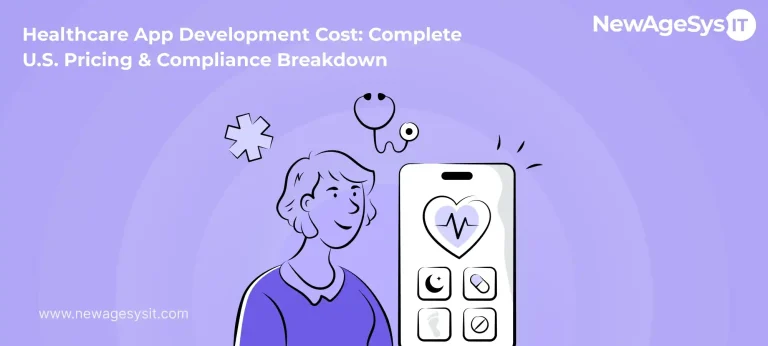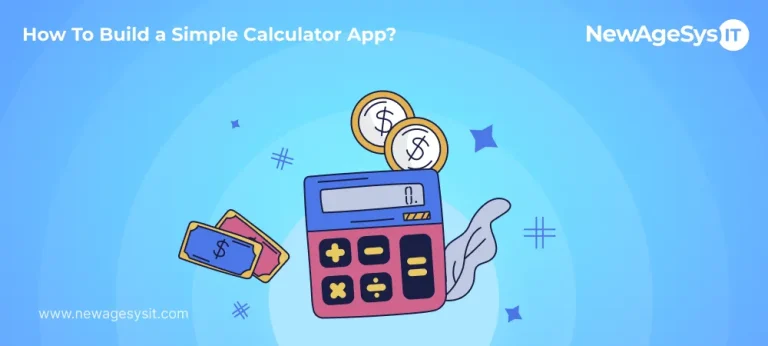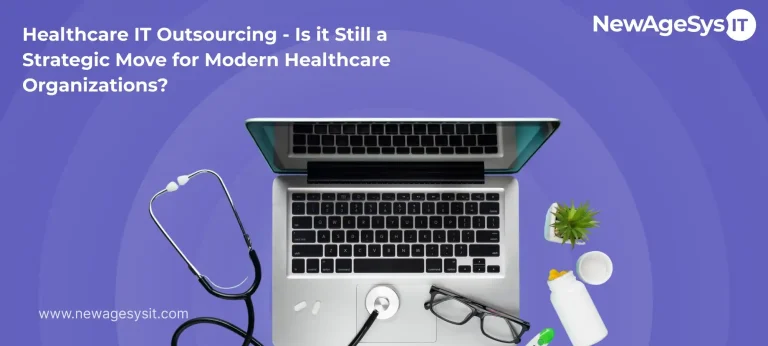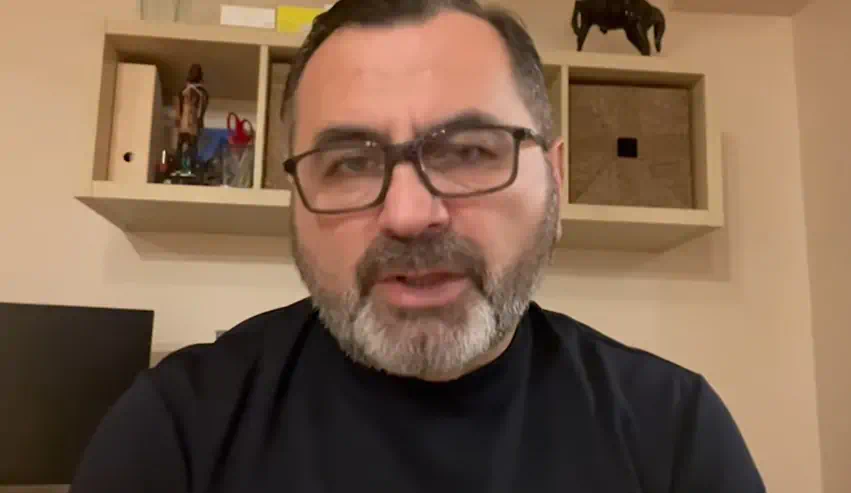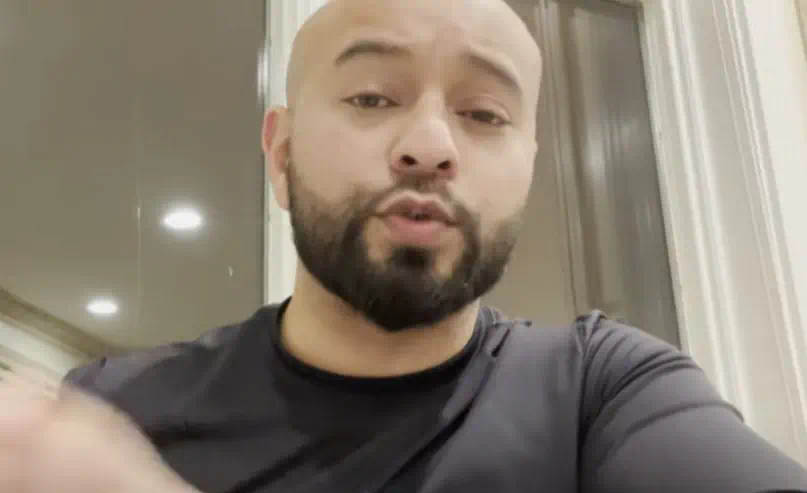No one enjoys taking medication. Moreover, remembering to take medication appropriately is an impossible task for many. It is no wonder that pill reminder or medications tracker apps are fast gaining popularity.
Here is how you can develop or create a medication app that can succeed in the market.
Stage 1: Market Research And Discovery
The first stage of creating a pill reminder and medication app is conducting comprehensive market research. In-depth research of the present market enables you to identify the customers’ pain points.
You may then focus on creating a pill reminder app with advanced features and functionalities to overcome these pain points. You can seek the help of an expert developer like NewAgeSysIT to implement advanced features and capabilities after the research and analysis.
Of course, you still have a long way to go before you start implementing the features. You still have to formulate a plan using your findings from market research. It effectively helps you create an action plan for developing and designing an app that can meet the user’s needs. We are in the list of top mobile development companies in US. See our clients now!
Stage 2: App Design
The market research involves going through multiple pill reminder apps or medication apps. It should give you an idea of the current design trends. You can use multiple app designs for reference to create an app design that offers a seamless customer experience.
Make sure to create an interactive prototype of the design to understand the app’s look better and feel. You can also use it to test your app’s UI/UX interface and check if there is room for improvement.
As a result, you can ensure a user-friendly medication tracker app that’s aesthetically and functionally appealing to the user.
Stage 3: App Development
Once you have finalized the design and the necessary features to include in your medication app, you can start the development process. Use the prototype as a guide to create an app in Philadelphia and ensure you have all the user feedback for developing the app.
With all that in place, you can start the actual development process. You may need to seek the help of an experienced app builder like NewAgeSysIT. We can build an aesthetically pleasing medication app for you with all the advanced features you want.
Hiring an expert like NewAgeSysIT enables you to access a holistic app development service. It means you can get expert help and guidance from when you start your market research to the launch of the app and following updates.
Stage 4: Launch The App
After the development stage, the medication tracker app is subjected to a series of tests to ensure its quality. You must test the app relentlessly until you are satisfied with the result. After the initial tests by the app developer, you can move on to platform-specific tests to make the app eligible for Apple App Store or Google Play Store.
Things are slightly different when it comes to cross-platform apps. The cross-platform apps can work on both Android and iOS. It might be more challenging to implement it. However, on the bright side, you can significantly widen your audience by targeting both Android and iOS platform users.
It is also another reason for you to seek professional help from an app developer like NewAgeSysIT. Our experts can create a medication app in Philadelphia that can easily run on Android and iOS platforms.
Stage 5: Maintenance
The journey of creating a medication app for your business continues after its launch. As soon as you launch the new app in the market, it would be best if you start thinking about its maintenance and updates.
Businesses are updating their apps regularly to keep up with rising customer demands. You want to stay caught up while your competitors and market trends provide the best services to your target. And to do that, you need to get continuous feedback from the user on how to improve your app.
The support and maintenance stage is endless because as long as the app is online, you need to make necessary updates to it. Hence, providing customer support and making an earnest effort to improve your mediation tracking app is a crucial stage in app development.
NewAgeSysIT is the leading mobile app development company in USA. Get a free quote today!


